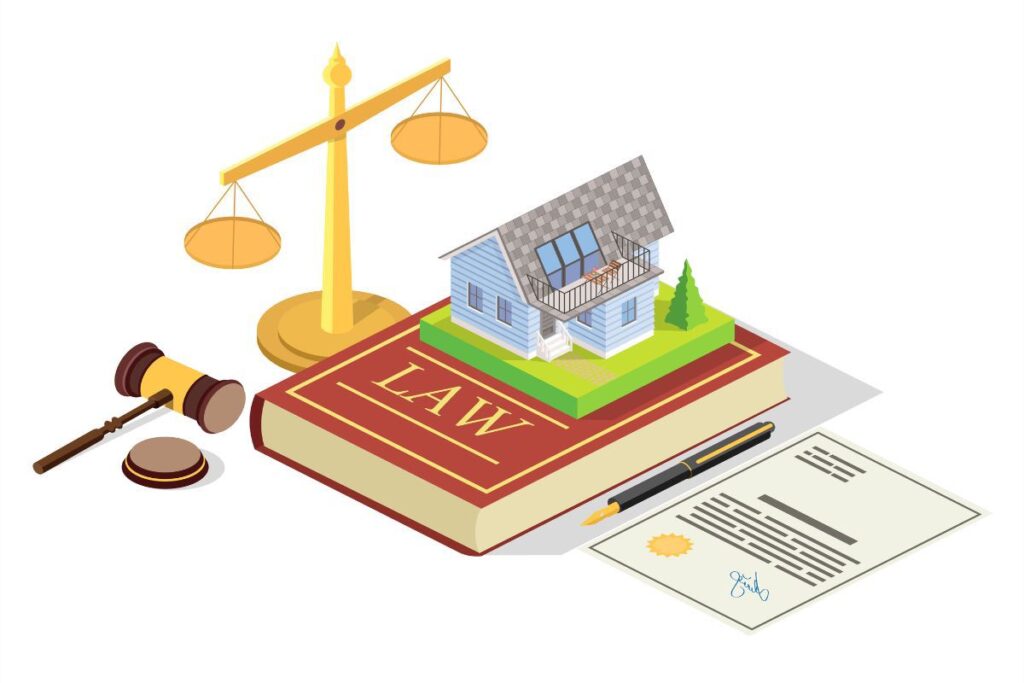Understanding zoning laws and regulations

Understanding zoning laws and regulations is essential for anyone involved in real estate development, urban planning, or simply looking to purchase property. These rules delineate how land can be used in different areas, aiming to organize urban growth and protect property values.
This article dives deep into the intricacies of zoning codes, offering insights for both seasoned professionals and novices aiming to make informed decisions in their property ventures.
What Are Zoning Laws?
Zoning laws, the foundation of urban development, are regulations governing the use of land and buildings. These laws classify areas into zones that specify the types of buildings allowed, their sizes, and how they can be utilized. Understanding these can significantly influence your real estate investment decisions.
Typically, zoning laws divide areas into residential, commercial, industrial, and sometimes mixed-use zones. Each classification has its own set of rules regarding construction, occupancy, and business operations, ensuring orderly development and minimizing conflicts between different types of land uses.
Understanding these classifications is crucial for developers and investors, as it impacts where businesses can operate, where individuals can reside, and what types of development projects are permissible.
The Importance of Zoning Regulations
Zoning regulations play a pivotal role in shaping the urban landscape. They ensure that communities develop in a structured manner, balancing economic growth with environmental protection and community well-being.
For instance, by segregating residential areas from industrial zones, cities can minimize the adverse effects of noise, air pollution, and heavy traffic on homeowners. Similarly, zoning supports local economies by designating specific commercial districts.
Understanding and adhering to these regulations not only facilitates compliance but also empowers investors and developers to plan projects that align with community goals.
Navigating Zoning Regulations for Property Development
For those looking to develop property, grasping local zoning laws is the first step. This involves consulting zoning maps and regulations, often available online or at local government offices. Understanding the designated zone of a property can reveal potential limitations and opportunities for development.
It's also wise to engage with local planning departments early in the project planning phase. These interactions can provide clarity, identify any necessary zoning changes or variances, and help smooth the path for project approval.
Furthermore, developers should consider the long-term urban planning goals of a community. These can influence future zoning changes and guide the sustainability and success of a development project.
Challenges and Controversies Surrounding Zoning
Despite its benefits, zoning is often a subject of debate. Critics argue that some zoning regulations can stifle economic development, exacerbate housing shortages, or lead to segregation by income or race. Understanding these criticisms is vital for stakeholders aiming to advocate for more equitable and effective zoning policies.
In response, some cities are revisiting their zoning laws, considering reforms that encourage more inclusive development and address housing affordability. Engaging in these discussions can offer professionals an opportunity to influence positive changes in urban planning.
The Future of Zoning Regulations
As cities evolve, so too do their approaches to zoning. Innovations in urban planning, such as form-based codes, focus more on the physical form of development rather than just its use. This holistic approach seeks to create more vibrant, adaptive, and sustainable communities.
Understanding these emerging trends is crucial for anyone involved in urban development. They signify a shift towards more flexible, dynamic urban planning strategies that can better accommodate the complexities of modern cities.
Understanding and Advocating for Better Zoning Practices
Effective zoning practices are essential for creating livable, prosperous communities. Professionals and citizens alike have a role in understanding zoning laws and advocating for regulations that support sustainable, inclusive development.
By engaging with local planning processes, staying informed about zoning changes, and participating in advocacy, individuals can contribute to the shaping of their communities in meaningful ways. Understanding zoning is not just about navigating regulations; it's about envisioning and contributing to the future of urban spaces.
Understanding zoning laws and regulations is a fundamental aspect of urban planning, real estate development, and community participation. As cities grow and change, having a solid grasp of zoning practices becomes even more crucial. By staying informed and engaged, stakeholders can navigate the complexities of zoning to achieve successful, sustainable development outcomes that benefit entire communities.

Related